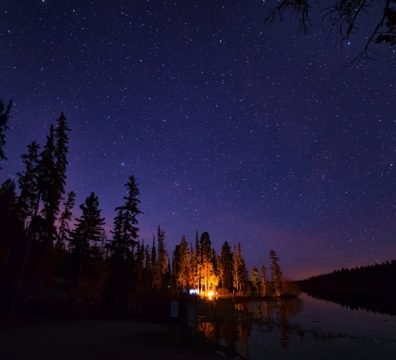More than ever, amid unprecedented recent events, people are yearning to get out and safely enjoy the great outdoors. After self-isolating indoors, it doesn’t take long for most nature-lovers to long for an escape into nature. For sure, it’s critical for our self care to take a break from heartbreaking world news.
In addition, campers are seeking affordable ways to create new adventures during these financially unstable times. However, you may not know a thing about rooftop tents.
Avoid disappointment and expensive return shipping costs by making an informed purchase. There are several aspects to take into account before making your rooftop tent purchase. Planning ahead helps make the best choice suited to your unique camping style and capabilities.
CONVENIENCE
- First of all, you need to ensure your vehicle is compatible with a rooftop tent and possesses appropriate roof rack features ideal for the tent. You may need to contact your vehicle manufacturer directly to obtain rack details. Also ensure your vehicle can support total tent weight with occupants and for driving.
- Know ahead of time whether you can set up the tent on your own if you’re camping solo. Otherwise, it’s likely you’ll need a fit partner to assist in set-up, including lifting the tent up onto the roof rack.
- Consider if you have a small or large dog and whether or not you can move them safely into the tent.
- Make sure you’re comfortable with having yourself, others, and possibly your pet climbing on and around your vehicle.
- If security is an issue, you may want a tent that locks to your rack. Also consider awnings and annexes for added privacy.
DESIGN
- The main types of rooftop tents are ‘fold-out’ and ‘pop-up’. Each unit has strengths and weaknesses. Research both models to narrow down which type is suited to your needs.
- Depending on the climate you plan on camping in, choose a tent durable enough to withstand the elements of your camping region.
- Remember to check the ventilation and waterproof capacities of your prospective canopy. A four-season model provides the best coverage but may not be necessary for your camping requirements.
- Consider that hard shell rooftop tents are more dust-free than fabric models.
- Furthermore, if a rooftop tent is too heavy for you to lift, you need to shop for a lighter model that you can handle. Check total tent weight.
- Comfort is also key if you have back issues for sleeping. Check the bed specs before you buy.
- Think about whether you want to add an annex or awning onto your tent model. Certain models may extend the living space and covered area of a rooftop tent.
EASE OF INSTALLATION
- If you’re handy, you won’t mind the extra time to set up your new tent. If time is of the essence and you’re not so handy, shop for an easy-to-install model.
- Make sure campers are physically able to climb up the ladder into the tent. That goes for individuals who may need to go to the bathroom at 3 a.m.
- A sliding or telescoping ladder is necessary to climb up into a rooftop tent. A sliding ladder must be drilled into for added height. Ensure you have the tools required.
- A tool-free mounting system is more convenient if you plan to remove the tent regularly. However, be mindful tool-free systems can be limited in width and spacing as to which crossbars and racks they fit. Standard rack mounts may be the way to go for customization.
BUDGET
- Rooftop tents come in a variety of sizes and shapes. Each comes with various features and prices. Calculate shipping expenses in your budget.
- Although fabric rooftop tent models are more affordable, hardtops offer more protection while driving.
- Also factor in the cost of additional accessories for items such as a ladder or side awning.
When it comes to camping, simpler is often better. Vancouver Island based Rooftop Tents offers a selection of 3 designs to suit campers’ requirements. Check them out on our product page, along with accessories.
Armed with these important guidelines, you can make an informed investment in a rooftop tent. Soon you’ll be relaxing comfortably in a sweet spot in nature—safely respecting distancing measures from other happy campers.


